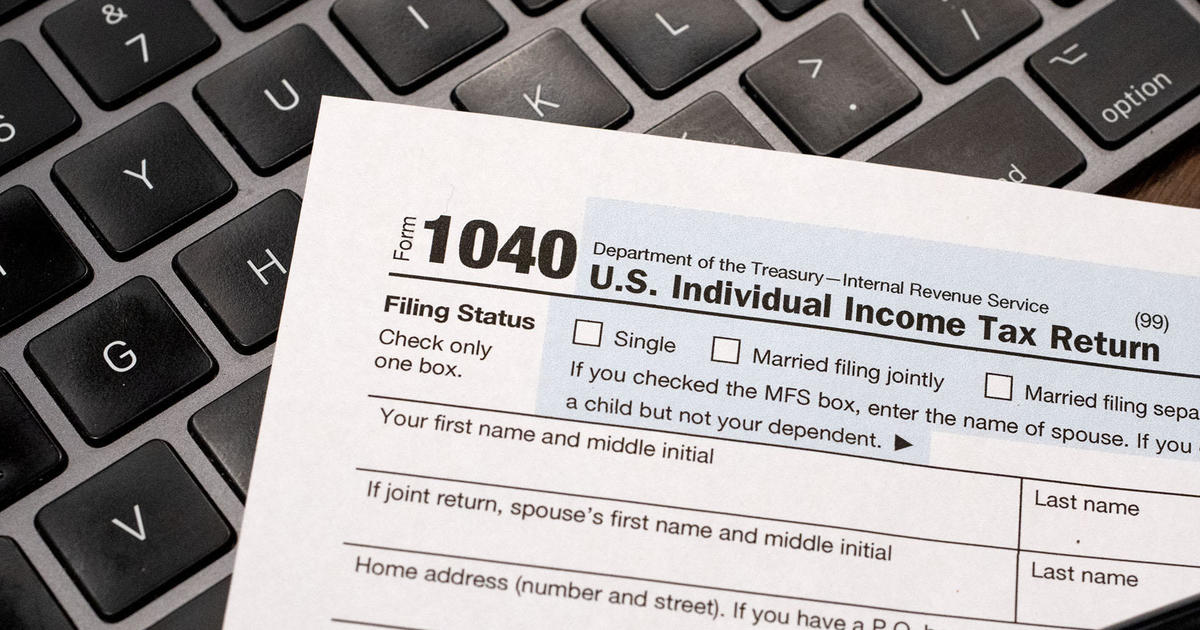Easily Concealable Devices Remotely Steal Data From Older Credit Cards
PITTSBURGH (KDKA) -- The average American owns at least four credit cards.
But the more cards you have -- and the older they are -- the greater the risk that someone can steal data embedded in those cards.
It's called skimming.
"You can imagine someone stealing your identity, running up debt, buying things they shouldn't be able to, accessing other information about you," said Carnegie Mellon University Prof. Anthony Rowe.
At CMU's Computer & Electrical Engineering Department, Rowe focuses on analyzing low-power wireless sensing devices -- technology found in credit cards, drivers licenses, passports, door openers, security badges and many every day tools that utilize RFID or radio frequency identification technology.
Here's how it works.
"You'll bring this RFID chip within range of a reader device or sometimes they call it an interrogator," Rowe told KDKA money editor Jon Delano.
"It's basically sending out an electro-magnetic field. The chip inside of your card is going to harvest a little bit of energy from that field that's enough to power some electronics that are located there. And then it will send that information back to the reader."
For the most part, the technology enhances our lives, but it's easy to fall into the wrong hands.
"It is self-powered and completely portable," the anti-hackers point out in a YouTube video. "It can easily be concealed in a briefcase or messenger bag to silently steal badge information as you walk by someone."
"RFID readers are actually quite common," says Rowe.
For a couple hundred bucks, anyone can buy an RFID reader. Some can steal data remotely a few feet away, while others must be within inches.
Join The Conversation On The KDKA Facebook Page
Stay Up To Date, Follow KDKA On Twitter
How can you protect your cards from these thieves who want to use this information to steal from you?
Believe it or not, there is technology -- all kinds of technology -- that can help you.
There is something as simple as an RFID-blocking wallet, available at many stores and on-line.
"Basically, you shield it with metal whether that be in the wallet or in a separate holder, and it can't be read," says Jacob Joseph, a cyber security forensic expert at the Software Engineering Institute.
Joseph examined a special card holder for credit cards.
Joseph: "Basically, a piece of metal wrapped around something that's something that's trying to transmit over radio waves. That's going to inhibit the radio waves."
Delano: "Will aluminum foil do it?"
Joseph: "Probably yes."
And so will a standard Altoid case, if you want to store cards there.
Rowe says the new updated chip credit card -- while not as good as the European chip and pin card -- offers some protection from remote skimming.
"They're still sending data to skimmers, but the idea is that the newer cards make that data less valuable."
So if your bank hasn't sent you a new chip card, ask them to do so right now.
But the experts warn, even so, "There's no such thing as a fool proof system."
Which means stay alert to unusual activity involving all your cards.



